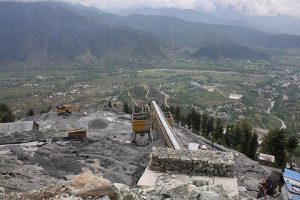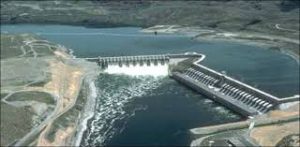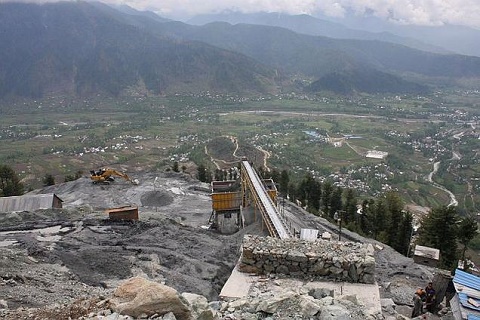Pakistan Held Talks With WorldBank On Kishanganga Hydro Power Project
Pakistan Held Talks With WorldBank On Kishanganga Hydro Power Project: A four-member delegation from Pakistan headed by Attorney General Ashtar Ausaf Ali is on their visit to Washington to apprise the top World Bank officials about Pakistan’s serious concern over the Kishanganga hydro power project that was inaugurated this week.
The delegation, which arrived in Washington, DC earlier this week, apprised World Bank president Jim Yong Kim and other representatives of India’s repeated violations of Indus Waters Treaty (alternatively known as the Sindh Taas Agreement).
According to a World Bank spokesperson, “The Indus Waters Treaty is a profoundly important international agreement that provides an essential cooperative framework for India and Pakistan to address current and future challenges of effective water management to meet human needs and achieve development goals,” The Hindu reported.
“The meetings have discussed concerns raised by the Pakistan delegation and opportunities within the treaty to seek an amicable resolution,” the spokesperson added.

Pakistan has termed the inauguration of the project without the resolution of the dispute as a serious violation of the Indus Waters Treaty brokered by the World Bank in 1960 that governs the distribution and control of rivers between Pakistan and India.
Ambassador Chaudhry expressed Pakistan’s serious concern over the project that has become operational and said that Islamabad had conveyed its strong opposition to the construction of the project to the World Bank but it had been ignored. India plans to undertake several such projects in the disputed territory.
He said that as the World Bank is a guarantor of the treaty, it has to play its role in addressing Pakistan’s concerns over the project that has been constructed on waters flowing into Pakistan and would seriously disrupt supplies vital for the country’s agriculture.
India started the work on the 330 MW Kishanganga in 2009, but Pakistan took the issue to the International Court of Justice and also raised the issue with the World Bank.
The World Bank needs to intervene in the matter and it was the responsibility of the world body to fulfill its obligation being the guarantor of the international agreement.

The World Bank confirmed that the delegation actually met with senior officials, including the CEO Kristalina Georgieva and the regional management for South Asia on May 21 and 22 at Pakistani government’s request to discuss issues and opportunities within the Treaty.
They disagreed over whether the technical design features of the two plants contravene the Treaty. The plants are on respectively a tributary of the Jhelum and the Chenab rivers. The Treaty designates these two rivers as well as the Indus as the “western rivers” to which Pakistan has unrestricted use. Those talks could not reach any conclusion either.
Meanwhile, the World Bank (WB) is non-committal for taking any steps to resolve water disputes between Pakistan and India.
For More Information & Videos Subscribe To Our YouTube Channel

